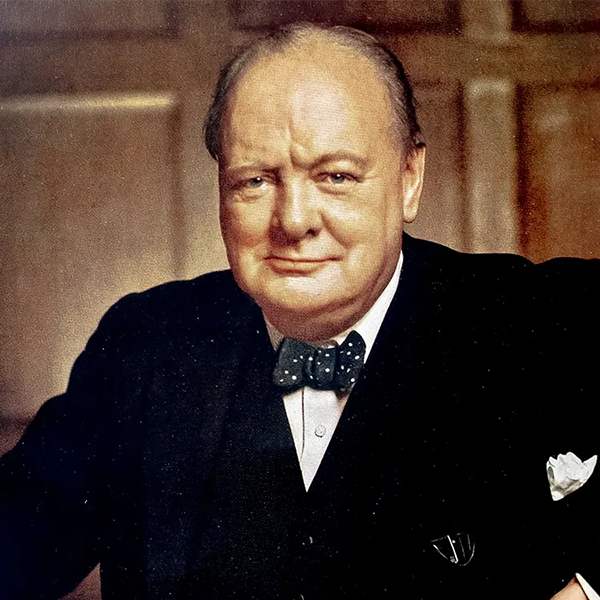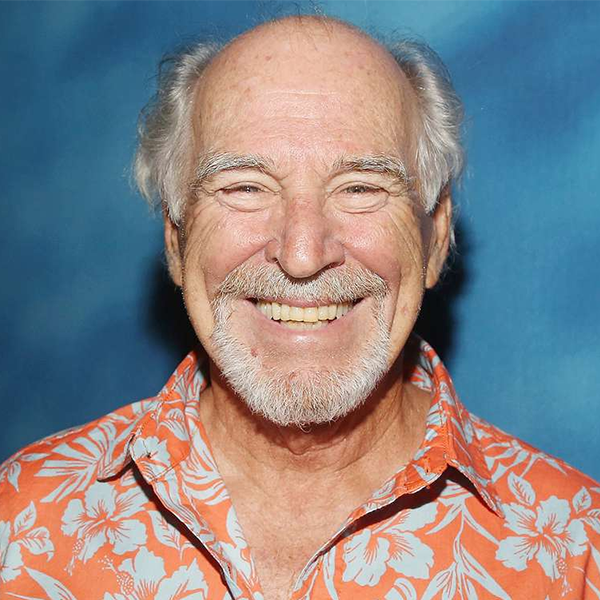Ernest Hemingway, one of the most acclaimed American novelists and short-story writers of the 20th century, is renowned for his terse and direct prose style and his adventurous life, which often informed his works. Born in 1899 in Oak Park, Illinois, Hemingway's early experiences as an ambulance driver during World War I are mirrored in his novel "A Farewell to Arms." His time in Paris in the 1920s as part of the "Lost Generation," and his exploits in Spain during the Spanish Civil War and in Africa on safari also heavily influenced his writing. Some of his other famous works include "The Sun Also Rises," "For Whom the Bell Tolls," and "The Old Man and the Sea," the latter of which won him the Pulitzer Prize in 1953, followed by the Nobel Prize in Literature in 1954.
❝There is no friend as loyal as a book.❞ — Ernest Hemingway
Hemingway's fondness for reading was well-known, with his reading interests as robust and wide-ranging as his lifestyles. He was an avid reader of classic literature, poetry, and contemporary works, and he believed in the fundamental importance of reading for any writer. Hemingway often emphasized the need for writers to be well-versed in the literature of their predecessors and contemporaries, seeing this as crucial to honing their craft. His personal library included works by Tolstoy, Dostoevsky, and Flaubert, reflecting his respect for their literary techniques and their influence on his own style.





















